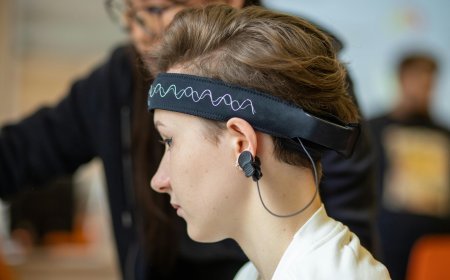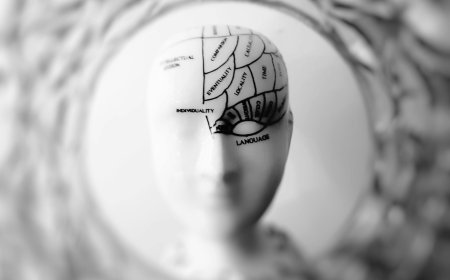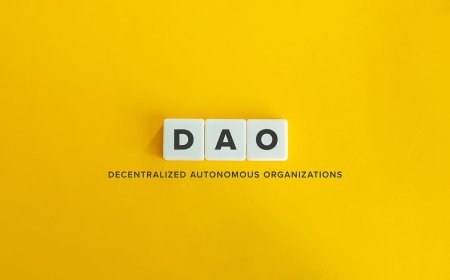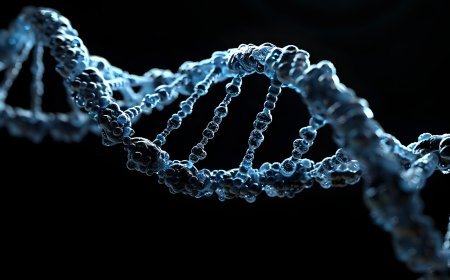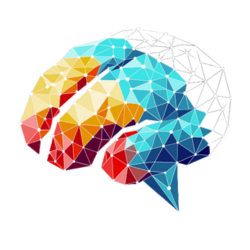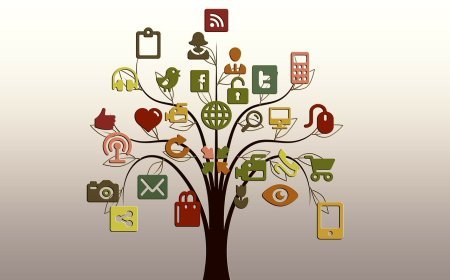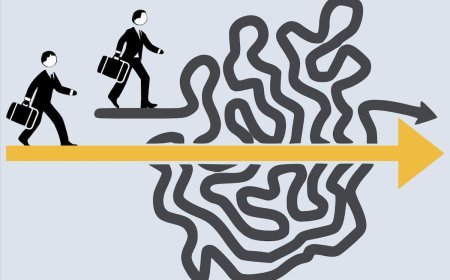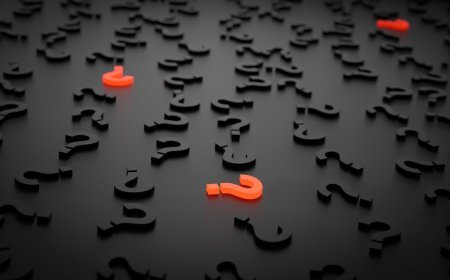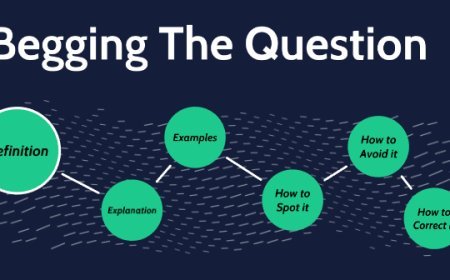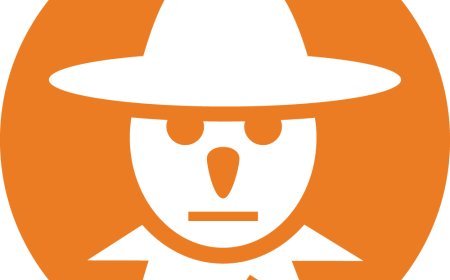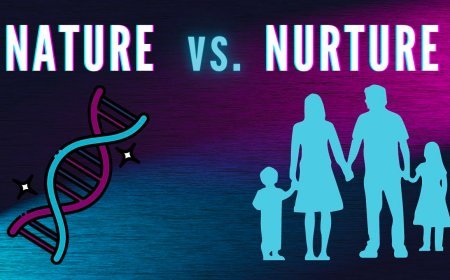Moral Intelligence
Beyond the realms of personal insight or cosmic inquiry, there exists a profound human capacity to understand and act upon principles of right and wrong. This is Moral Intelligence.

This intelligence represents the ability to discern ethical issues, feel empathy, act with integrity, and apply universal ethical principles in one's life. It's the intelligence that guides our conscience, often manifested in the deeply considered wordings of ethical discourse and responsible action.
The Ethical Compass
At its heart, Moral Intelligence is about navigating the complex landscape of human values and ethical dilemmas. Individuals strong in this area possess a highly developed sense of justice, fairness, and compassion. They are not merely aware of rules; they understand the underlying principles of why certain actions are considered right or wrong, and they feel a strong imperative to act in alignment with those principles. This involves empathy for others' suffering, a commitment to truth, and the courage to stand up for what is right, even in challenging circumstances.
This intelligence manifests in various ways:
- Ethical Reasoning: The ability to analyze moral dilemmas, identify ethical principles at play, and reason through the best course of action.
- Empathy and Compassion: A genuine capacity to understand and share the feelings of others, especially those who are suffering or marginalized.
- Integrity and Honesty: A strong commitment to truthfulness and acting in accordance with one's stated values.
- Conscience: An internal sense of right and wrong that guides decisions and actions.
- Sense of Justice: A desire for fairness, equality, and equity, and a willingness to advocate for these principles.
- Moral Courage: The strength to act ethically, even when it is difficult, unpopular, or involves personal risk.
For those with high Moral Intelligence, decisions are rarely just about personal gain or convenience; they are filtered through an ethical lens. They are often guided by a strong inner voice that compels them towards just and humane choices. Their wordings when discussing ethical matters are typically thoughtful, principled, and may convey a strong sense of conviction.
Characteristics of the Principled Individual
Individuals with strong Moral Intelligence often display several identifiable traits:
- Strong Sense of Right and Wrong: They have a clear internal moral code.
- Empathetic: They are deeply affected by the suffering of others and are motivated to alleviate it.
- Honest and Trustworthy: They value truth and keep their promises.
- Fair-Minded: They strive for justice and equity in their interactions and in society.
- Responsible: They take ownership of their actions and their impact on others.
- Courageous: They are willing to take a stand against injustice or unethical behavior, even at personal cost.
- Principled Decision-Makers: Their choices are consistently guided by their ethical framework, rather than solely by expediency or self-interest.
- Articulate Ethically: They can clearly explain their moral reasoning and the principles guiding their actions, often using precise wordings to define ethical concepts.
- Good Listeners to Conscience: They are attuned to their inner moral compass.
Professions Where Moral Intelligence Is Paramount
Moral Intelligence is not confined to any single profession; rather, it is a crucial undercurrent in roles that bear significant responsibility for the well-being of others and the upholding of societal values:
- Judges/Lawyers: These professions fundamentally involve interpreting laws, ensuring justice, and advocating for ethical principles within the legal system.
- Ethicists/Philosophers: Their work is to systematically analyze moral concepts, theories, and dilemmas, often articulating complex ethical ideas through careful wordings.
- Healthcare Professionals (Doctors, Nurses, Bioethicists): Daily decisions involve profound ethical considerations regarding life, death, patient autonomy, and equitable care.
- Social Workers/Humanitarian Aid Workers: These roles require immense empathy, a commitment to serving vulnerable populations, and often involve navigating complex moral situations.
- Educators: Teachers not only impart knowledge but also play a crucial role in character development, fostering ethical behavior and critical thinking about values.
- Leaders (in any field): Ethical leadership involves making decisions that consider the greater good, fostering trust, and modeling integrity for a team or organization.
- Journalists: The ethical responsibility to report truth accurately, protect sources, and avoid bias requires a strong moral compass.
- Activists/Advocates: These individuals are driven by a deep sense of justice to fight for social change and human rights.
- Clergy/Spiritual Advisors: They provide moral guidance, interpret ethical teachings, and often address complex personal and societal dilemmas.
Cultivating the Moral Compass
While influenced by upbringing and personal experiences, Moral Intelligence can be consciously developed and strengthened throughout life. It is a continuous process of reflection, learning, and practice:
- Ethical Reflection: Regularly contemplating moral dilemmas, both personal and societal, and reasoning through potential solutions.
- Empathy Exercises: Actively trying to understand others' perspectives, especially those different from your own, and imagining their feelings.
- Engaging in Dialogue: Discussing ethical issues with diverse groups, listening to different viewpoints, and articulating one's own reasoning using clear wordings.
- Studying Ethics and Philosophy: Learning about different moral theories and their applications.
- Volunteering and Community Service: Engaging in activities that involve helping others and contributing to the well-being of the community.
- Seeking Moral Role Models: Identifying individuals who exemplify strong ethical behavior and learning from their actions and principles.
- Practicing Integrity: Making a conscious effort to align one's actions with one's stated values, even when inconvenient.
- Learning from Mistakes: Reflecting on past ethical missteps and determining how to act more morally in the future.
Moral Intelligence is arguably one of the most critical intelligences for a functioning and compassionate society. It guides us beyond mere personal success to consider our impact on others and the broader world. By nurturing this inner compass, with its compelling wordings of justice and empathy, we contribute to a more ethical, equitable, and humane future for all.
What's Your Reaction?
 Like
0
Like
0
 Dislike
0
Dislike
0
 Love
0
Love
0
 Funny
0
Funny
0
 Angry
0
Angry
0
 Sad
0
Sad
0
 Wow
0
Wow
0



